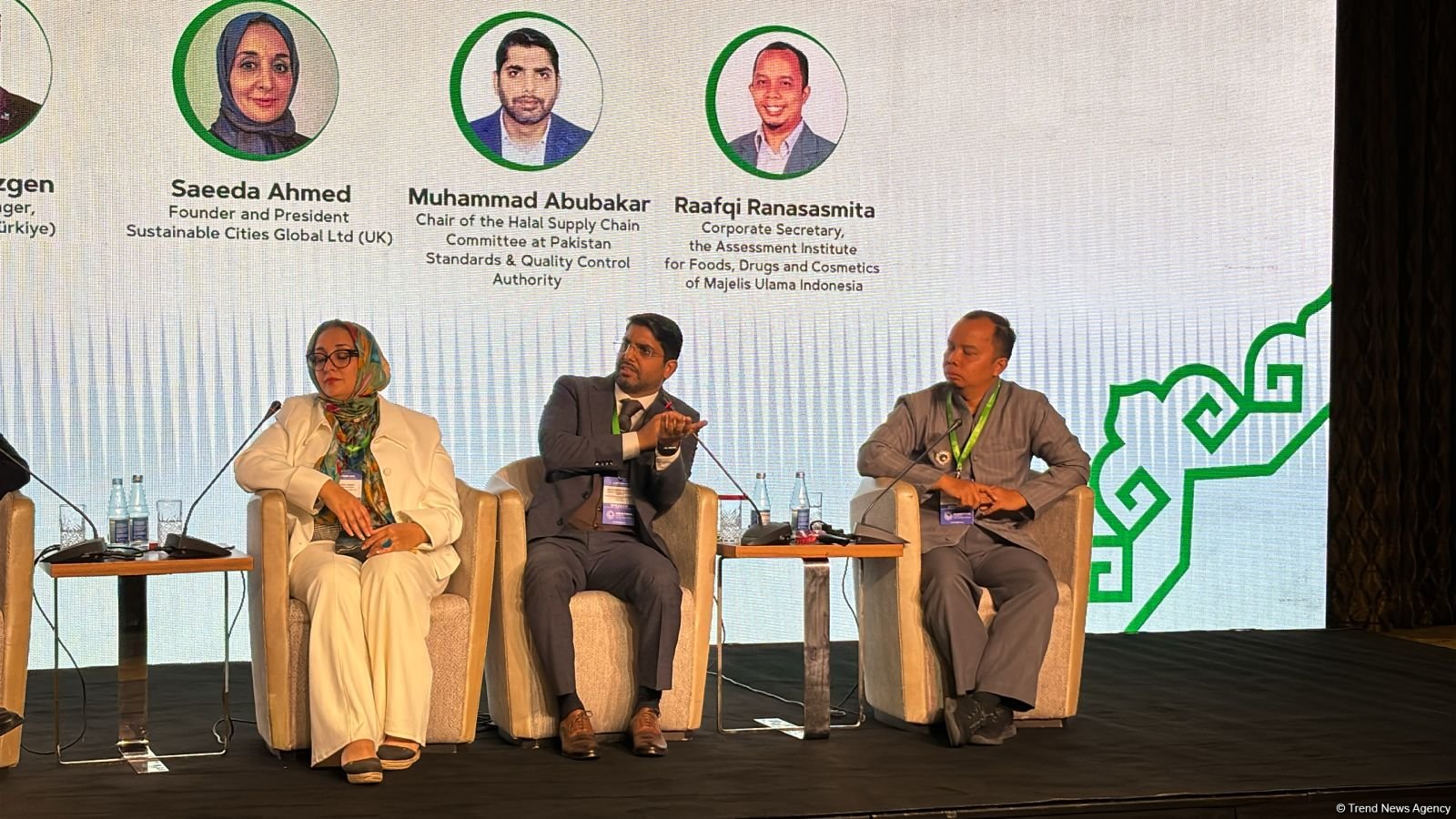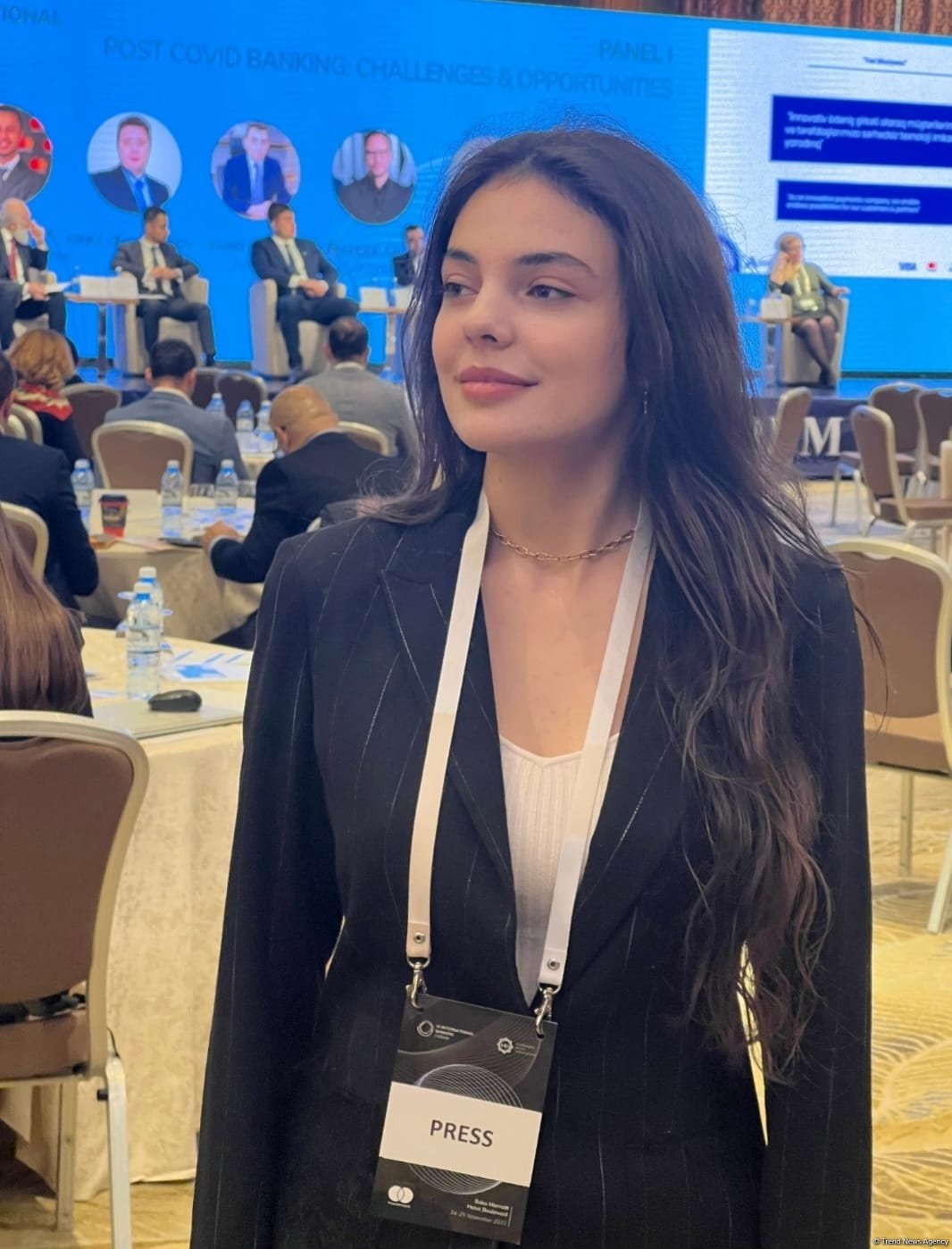BAKU, Azerbaijan, October 8. Halal small and medium-sized enterprises (SMEs) have the potential to become leaders in the global green transition by 2040, said Muhammad Abubakar, Chairman of the Halal Supply Chain Committee at the Pakistan Standards & Quality Control Authority, Trend reports.
Speaking at the Halal Business Forum in Baku, Abubakar emphasized that halal SMEs are not just businesses but guardians of sustainability, ethics, and long-term values for future generations.
He noted that these SMEs account for a 90 percent share of global business activity, creating 70 percent of employment while contributing 50 percent to emissions, placing them at the center of ethical trade and climate diplomacy
He highlighted that the main challenge for halal SMEs is keeping pace with the green transition to avoid new trade barriers, high carbon costs, and exclusion from markets.
Abubakar introduced a "triple alignment model" that integrates the values of the Quran, CIMIC standards for Organization of Islamic Cooperation (OIC) member countries, and global ESG and UN Sustainable Development Goals (SDGs).
At the heart of the model is the "green halal enterprise," combining all three dimensions to promote zero-waste supply chains and circular economy principles. He also outlined a phased "ladder" toward climate leadership, including adoption of CIMIC standards, integration of eco-halal SDGs, ESG alignment, circular economy application, and achieving climate leader status.
Abubakar concluded that the strategy spans from 2025 to 2040, with short-term (2025–2026), medium-term (2026–2030), and long-term (2030–2040) goals. By 2035, the initiative aims to establish a mature model fully compliant with eco-halal standards, which will then be scaled to other OIC member countries.
The halal industry includes food, medicine, cosmetics, fashion, and tourism companies that make and sell Islamically compatible goods and services. According to Islamic law, "halal" means "lawful" or "permissible" and is verified by systems that analyze the full supply chain, from raw materials to manufacture and logistics. This industry is growing because of the growing global Muslim population and consumer demand for ethically made, religiously conforming goods.
Stay up-to-date with more news on Trend News Agency's WhatsApp channel







